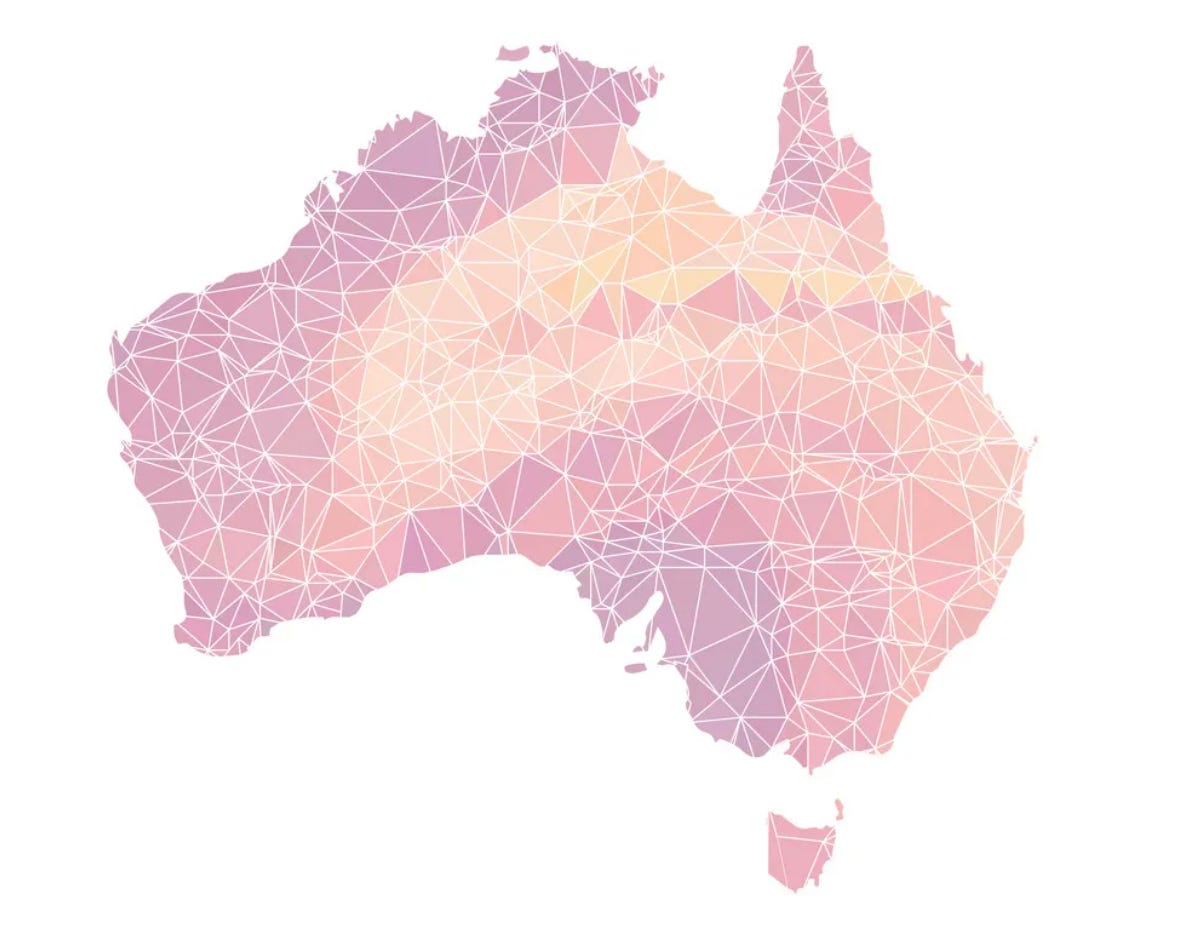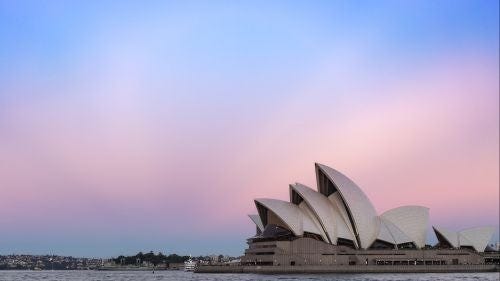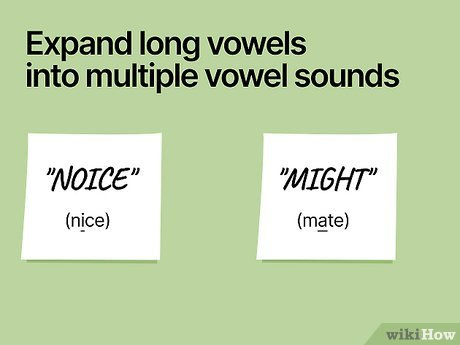I was born in the land of Aus, but I could never say the words ‘g’day’ or ‘mate’ when I was growing up. Those slang terms felt completely foreign in my mouth. The only times I attempted them, I over-enunciated the ‘d’ or ‘t’, and it was always done as a stunt; purely to demonstrate exactly how weird I found saying them. I never thought I’d be a person who would use either word habitually.
Funnily enough, I use both pretty often now.
My mother and her siblings were also born in Australia, but they were second-generation children of Polish immigrants. My grandparents had thick accents. When we got together as a family, our meals were often pierogi, mushroom soup, sauerkraut, borsch, cold cuts and pickles - no meat and three veg for us - and a lot of Polish was spoken. We had some ‘different’ traditions, like unwrapping our presents on Christmas Eve instead of Christmas Day. My family had an air of not having quite assimilated into Australian culture - no one went to the footy or wore thongs (flip-flops, if you’re reading from the US). We spent Australia Day discussing the shitty treatment of native Aboriginal Australians, instead of burning donuts in our four wheel drives.
A lot of my mother’s complaints about Australians revolved around how racist and uncultured they could be, and, well, I noticed early on that she had a point. There’s a joke a New Zealander once told me that goes, “What’s the difference between Australians and a pot of yogurt? The yogurt has more culture.” Most of my primary school years were spent attending the International Grammar School in Sydney, where I was just as likely to be working alongside a Sikh kid in a headwrap or a Chinese exchange student as a white Aussie child.
I was grateful for my country’s safety, beauty and wealth, but I always felt ‘in it’ rather than ‘of it’. Australia was only settled/invaded in 1788, so it could be argued that no one but our Aboriginals are really ‘of it’, but there were definitely some people who were ‘true blue Aussies’. Their families were usually of British, Irish or Scottish descent. I was proud to live in the bustling melting pot of Sydney. But when I moved to the Gold Coast and began attending a public primary school, my classmates got much whiter. Many of the kids I grew up with from then on, whose families had been in our country much longer than mine, had an air of being in harmony with Australian culture that I had never had.
What even is true-blue ‘Aussie’ culture? I’m not entirely sure how to categorise it, but I can throw some key words at you - meat pies, cattle dogs, rural living, akubra hats, fishing, footy, thongs, poppy pins for Remembrance Day - and ‘mateship’, which sounded very nice, but whose generosity didn’t always seem to extend to those from different cultures. None of those concepts or clothing choices seemed particularly appealing to me as a kid. I was often called ‘weird’ - obsessed with the arts, fashion, books, intellectual pursuits, and walking to the beat of my own drum. I also revered language, so I sometimes looked down my nose at the shortenings, slang and pronunciation of my peers.
It wasn’t until I reached my thirties, where I began work at an electricity company and befriended some great tradies, that I slowly started to work the word ‘mate’ into my vocabulary. Befriending an amazing girl with a thick Aussie accent who said ‘mate’ a lot helped, too. It started as a weird kind of challenge to myself - could I get comfortable saying this word that didn’t really feel like ‘me’? Could I make it my own? - and now, I weirdly love breaking it out.
I think it’s a way to make myself seem less threatening to ‘true blue’ Aussies, for a start. With my dark hair, olive complexion, and faint air of ‘you’re not really from here’, I get a sense sometimes that white Aussies expect me to act aloof, or have an accent. Saying ‘thanks, mate’ or ‘g’day’ seems to comfort them on some level, and I enjoy the social power boost and legitimacy it seems to lend me.
Saying ‘mate’ is also an excellent way to shut down bullies and trolls. Throwing a passive-aggressive ‘mate’ into a reply has proven quite effective for me - it crafts me a no-nonsense but somehow still-friendly demeanour.
At the end of the day, ‘mate’ is supposed to mean ‘friend’. That’s not a bad way to address someone, even if you’ve just met them.
I wouldn’t necessarily call curtailing my speech in order to fit in with a racist culture a ‘good’ thing - but it’s been freeing in a way I can’t quite articulate. I don’t think it’s totally about impressing white Australians. My adoption of the word ‘mate’ represents a softening of my personality with age, and a relaxation of the guardrails I used to have up. By identifying too hard with being ‘cultured’ and ‘intellectual’, I ran the risk of believing myself to be superficially superior to others - which was really a smokescreen for feeling inferior. Now, I have reclaimed the word mate, made it my own - and I pronounce it the way I bloody well want to.
Are there any words you ever felt uncomfortable saying out loud, but ended up adopting?








